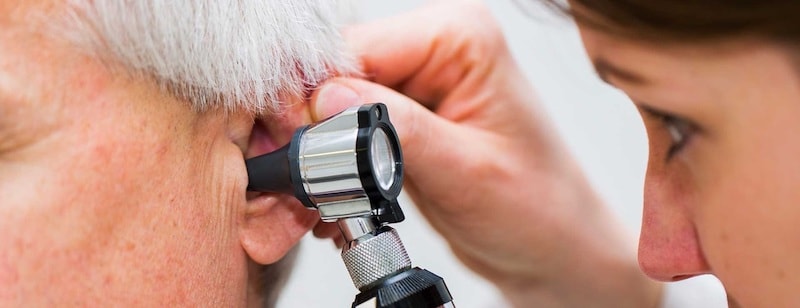Ear Ringing Without Hearing Loss

Tinnitus is a high-frequency tone
If you're experiencing a high-frequency tone in your ear without loss of hearing, you should see a physician as soon as possible. While the symptoms of tinnitus are usually harmless, the condition can sometimes cause discomfort and anxiety. Luckily, there are several treatments that can help ease the symptoms and prevent the condition from worsening.
While tinnitus is usually caused by damage to the inner ear, it can also be caused by other health concerns. It is most often linked to age-related hearing loss, but it can happen at any age. It is typically heard as a hissing, whistling, or other noise-like sound.
It's a complication of hearing loss
Ear ringing is a symptom of hearing loss that can be caused by various conditions. In some cases, the condition may be age-related, but in other cases, it is caused by a hearing problem caused by an underlying disorder. A medical professional will recommend a proper treatment for this problem.
Hearing loss can be inherited, but it can also be caused by certain diseases, head injuries, and infections. One early sign of hearing loss is trouble hearing soft sounds, a sign that the ear's stereocilia have been damaged. Soft sounds include phone conversations, children's voices, and background noise. Other early warning signs of hearing loss include ringing in the ears.
It can be caused by drugs
There are drugs that can cause ear ringing, but they don't always cause permanent hearing loss. Some examples of these drugs include diuretics. While they are used to treat high blood pressure, they can cause tinnitus when they are taken in high doses. However, if your doctor suspects that a drug is causing your ringing, he or she may reduce the dosage.
Nonsteroidal anti-inflammatory drugs, such as aspirin, can cause ear ringing, but the condition usually disappears once you stop taking the drug. In addition to aspirin, benzodiazepines, which are used to treat anxiety, may cause ringing in the ears. If you are experiencing symptoms after stopping the use of benzodiazepines, it's important to see a doctor to find out what the cause is.
It can be caused by loud noises
Loud noises can cause damage to the delicate structures of the inner ear, such as the cochlea. The resulting damage can lead to ringing in the ears. This can interfere with everyday life. Although tinnitus is generally temporary, it can be permanent if the noise is repeated over an extended period. Therefore, wearing ear protection while listening to loud noises can help prevent the onset of this condition.
The most common cause of this problem is rapid blood flow through the inner ear. Abnormal blood flow is a common complication of high blood pressure, and can occur because of reduced red blood cell count or blockages in arteries. Another possible cause is a small tumor in the glomus, which contains numerous blood vessels. Arteriovenous malformations, which form in the membrane covering the brain, are another possible cause of ear ringing.
It can be caused by sinus infections
There are many causes for sinus infections, but they all have one thing in common: they cause an excessive buildup of mucus and swelling in the sinus cavities. This in turn can cause congestion and pain in the ear. This congestion can also block the Eustachian tube, which connects the middle and outer ear and regulates the pressure in the ear. When this happens, the eardrum becomes inflamed, causing tinnitus.
Sinus infections are one of the main causes of tinnitus, which is usually temporary. However, in some cases, it can occur as a side effect of medications used to treat the condition. For example, NSAIDs, such as aspirin, can cause tinnitus if they are taken in large doses. Other causes include allergies, which can cause inflammation in the middle ear and cause ringing. When these causes are present, a visit to a specialist can be helpful.
